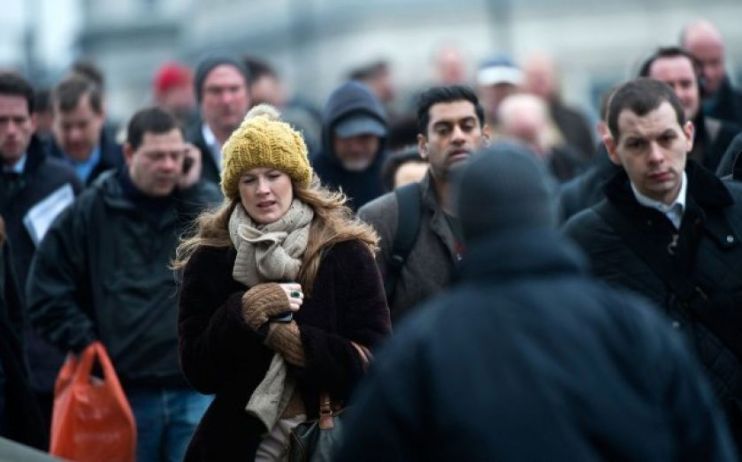Two thirds businesses call for higher sick pay rate amid growing Omicron fears

Nearly two thirds of employers have called for a rise in statutory sick pay (SSP) in the UK, according to a new report.
The professional body for human resources behind the report, urged for major reforms to statuary sick pay after finding that 62 per cent of employers in the country think the rate, currently £96.35 per week for up to 28 weeks, is too low.
The news comes as fears about the impact of the Omicron variant of Covid-19, on the UK economy as people are once again told to work from home if they can and the first death from Omicron was recorded yesterday.
“The UK’s SSP system has been broken for a long time,” said Rachel Suff, a senior adviser at the Chartered Institute of Personnel and Development (CIPD) .
“The pandemic has only highlighted its failure to protect the lowest paid and most vulnerable members of our society,” she added.
According to the report, in which over 1,000 employers were surveyed, SSP in the UK is low in comparison with most of Europe. When compared with other European states pre-pandemic, the UK’s SPP rate offers the second lowest level of sickness benefits.
Around 17.2 per cent of the UK’s 32.5 million-strong workforce, do not qualify for SSP currently, including those who are self-employed and those who earn less than £120 a week.
The CIPD has called on the government to raise the rate of sick pay to be at least equivalent to someone earning the national minimum or living wage, and to make more people eligible for SSP by doing away with a lower earnings limit – current rules mean that an employee must earn at least £120 a week on average in order to qualify.
The body has also asked for changes to rules to enable phased returns to work following illnesses.
Even most small and medium sized businesses, which would generally find it harder to cover the costs of higher SSP rates, were supportive of an increase, the CIPD argued.